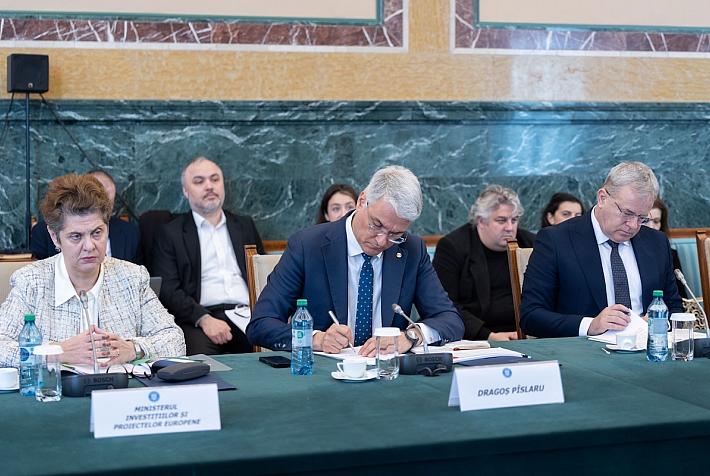Romanian Govt.’s amendments to “greed tax” lower burden for banks

Romania’s Finance Ministry on March 26 published the amendments to the emergency ordinance (OUG) 114/2018, adopted three months earlier. The ordinance perplexed the banking, pension fund managers, energy, telecom and several other markets due to the additional taxes and tight regulations.
The amendments bring lower “greed taxes” for the local banks compared to OUG 114, which will apply to the stock of financial assets defined such as to eliminate specific categories of assets (such as Government debt).
Notably, the tax will no longer be linked to the interbank interest rate (ROBOR), as stipulated in the OUG 114. Such dependence would have weakened the monetary policy’s efficiency, the central bank objected. The tax will be payable on a semestrial basis and will be significantly lower than stipulated under OUG 114. Smaller banks will pay a tax representing 0.2% of their financial assets, per year, while the large banks (with over 1% of market share) will pay 0.4% per year.
Furthermore, the tax will be partly or totally waived for the banks that increase their stock of loans or decrease the loan/deposit interest gap. The Government will set targets for the rise in the stock of loans and the decrease in the interest rate differential. The targets will be set for the entire market, and will not be individual targets set for each bank.
When it comes to the retail loan interest rates, the banks must peg them to the average interbank interest rates (calculated as the average rate weighted for the volume of real deals) and not to the ROBOR benchmark. The new benchmark, calculated twice a year, will be used for future loan contracts only.
For the 2nd pillar of the pension system, the negotiations haven't finished. The Government thus decided to defer the capital increase requirements by six months, with half of the required supplementary capital (some EUR 800 mln in total) expected by the end of December instead of the end of June. Upon further negotiations, the Government wants to convince fund managers to invest part of the EUR 10 billion they manage in PPP projects.
editor@romania-insider.com
(Photo source: Pexels.com)













